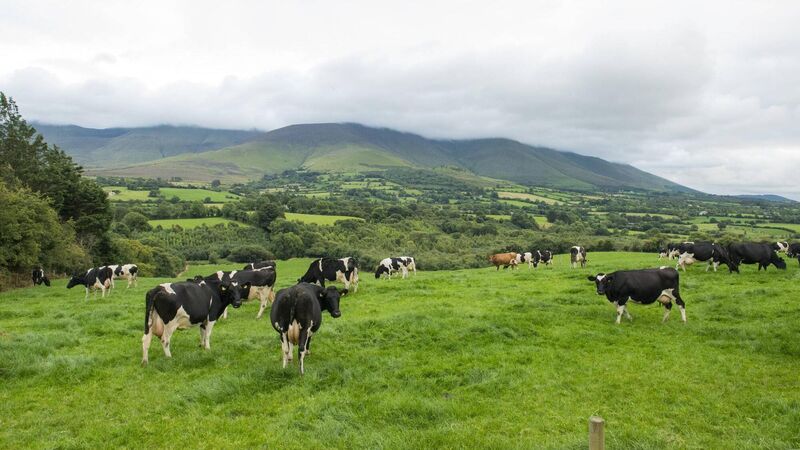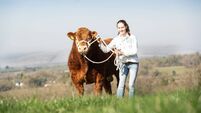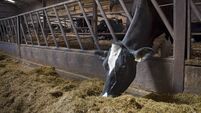Plan to secure nitrates derogation published amid growing concern over retention post-2025

The European Commission has said that Ireland's water quality must be improved to be granted another derogation in 2026.
The Department of Agriculture has published its plan for retaining Ireland's nitrates derogation post-2025.
The nitrates derogation allows farmers to exceed the limit of 170kg of livestock manure nitrogen per hectare set down in the nitrates regulations, up to a maximum of 220kg or 250kg per hectare, subject to adherence to stricter rules.













